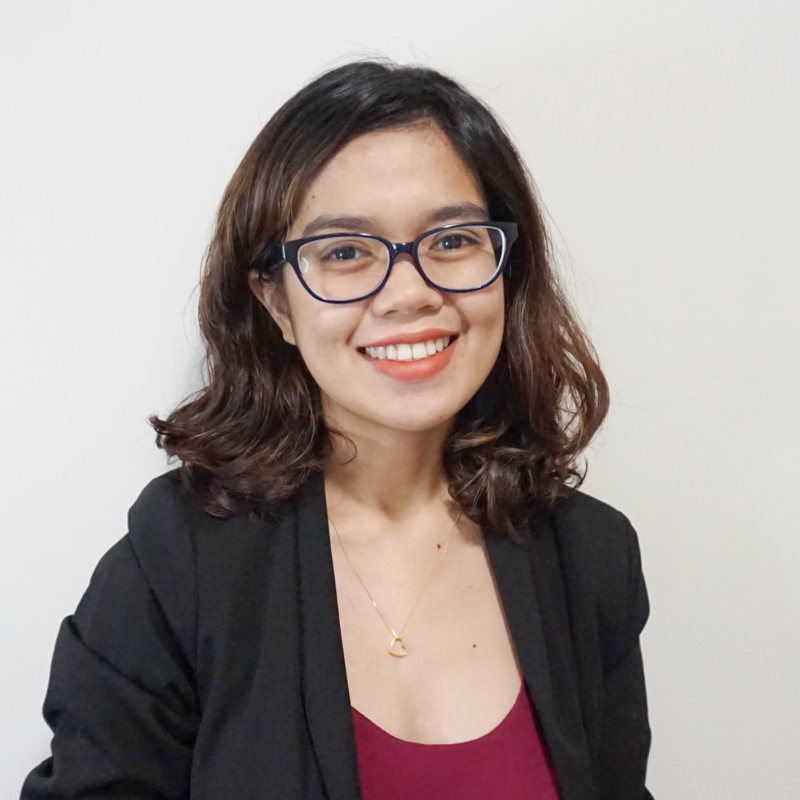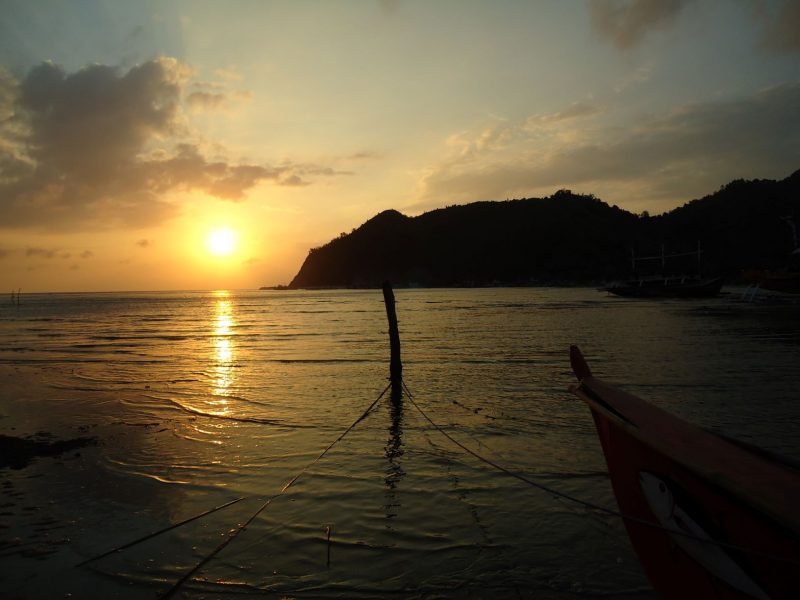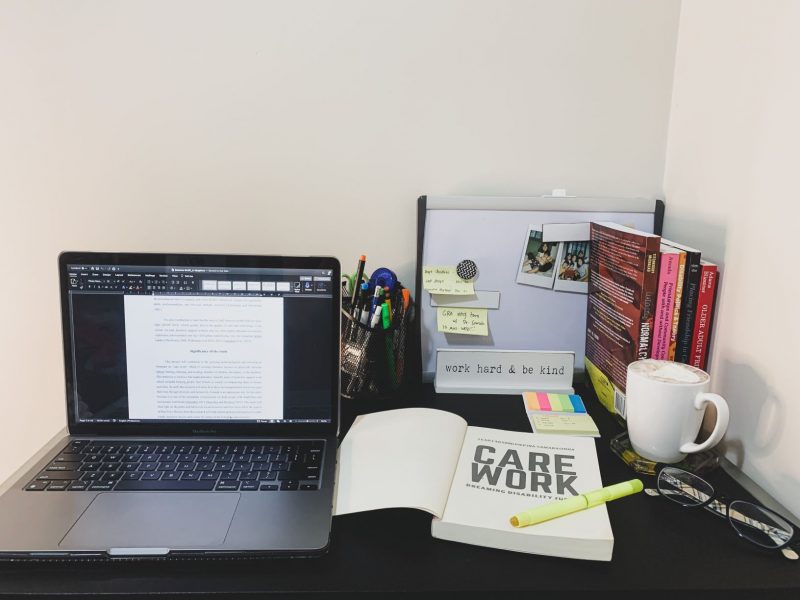
Please join us as we catch up with Deanna Neri, a former Images of Research semifinalist and winner of the People’s Choice Award in 2019, to talk about what she learned participating in the competition and exhibition and where she is now.
What did you learn about yourself or your research while you created your IOR image?
I learned that research is more than just getting data and gaining more knowledge. I realized that I can never be completely detached from my research and the people I have worked with. While I was creating my IOR entry, I felt really happy to be able to relay those important messages I have learned and the stories these people have shared with me.
Sometimes, it can get really frustrating since it’s very hard to get tangible and measurable results from doing social research. But eventually, I realized that the value of what I’m doing can be seen through the relationships I have built with these people and the insights they have shared with me. They aren’t just sources of data, they are actual people who have significantly shaped my perspective in life. When I started seeing them as actual people and not just interviewees, I started to feel them and wanted to advocate for them. I found myself wanting to use every platform I see to share what I have learned from them. It greatly changed how I perceive and do my research. Suddenly, my work doesn’t just end with submitting my thesis anymore or even winning an award. It became a continuous journey and a significant part of me, even outside of my academic life.

How did IOR boost your professional and academic skills?
At the IOR competition, you get the chance to present your research to scholars from all disciplines and non-expert audiences. I see it as an excellent starting point to network with people from different departments. It was also a good training for me as to how can I communicate my research in a way that is relatable and relevant to a broader audience.
This competition helped me present my work in a creative way (i.e., through a single photograph) and in the simplest manner since I had to keep in mind that I will be talking to multiple audiences and not just to people within the discipline. Research presentation is a core part of any student’s life, knowing how to communicate your research well to different people is important.
What is your advice to researchers who are considering entering the competition in 2021?
Joining the competition may seem daunting at first, but you just got to give it a try. What helped me a lot that time was the fact that my friends were joining too and we were so supportive of each other. Perhaps, you could also do this with your colleagues. It’s a good way to learn about each other’s work, especially when you’re coming from different disciplines. Also, it would be great if you’d set your mind on gaining that experience instead of focusing on winning. Think of it as an opportunity to enhance your presentation and networking skills.
What’s new for you and your research?
I have diverted from my previous research on livelihood strategies in coastal communities. Currently, I am working with migrant care workers supporting people with intellectual disabilities. While this may have been a completely different topic, I am still interested to see how these people strategize and remain resilient during times of uncertainty. Also, I am looking at how my research could help inform public policies to ensure that these “invisible” yet essential workers get decent working conditions.

Is there anything else you’d like to mention regarding your research/work journey since IOR?
Nothing significant so far, I am still writing my master’s thesis. But I am glad that I joined the IOR competition. It has afforded me the opportunity to present my work to a broad audience. I was a freshman when I participated in the contest and it really helped boost my confidence to join in conferences and public presentations after that.
We are now accepting entries for the 2021 all-digital edition of IOR. Visit the IOR website to learn more. And, there’s still time to sign up for tomorrow’s Images of Research Preparation Workshop, which runs from 2:00-4:00pm.
